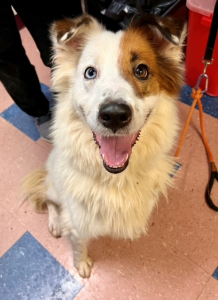House of the Week – 10/11/24

🏡✨ Welcome to your dream home at 36 Brookside Ln, Gettysburg, PA – Offered at $650k! 🌳🌟
📅 Open House Alert: Saturday 10/12 from 1pm to 3pm
Nestled in the prestigious Links at Gettysburg, this exquisite French Country-style residence boasts:
– 🛌 3 Bedrooms
– 🛁 2 Full Bathrooms & 1 Half Bathroom
– 🌳 Serene tree-lined views and a beautifully landscaped yard
Inside, you’ll find:
– 🍳 Gourmet kitchen with induction cooktop, double wall ovens, and high-quality finishes—perfect for culinary enthusiasts
– 🛌 Primary bedroom on the main level with an updated ensuite, creating a luxurious private retreat
– ☀️ Relaxing sunroom for peaceful moments
– 📚 Large home office with vaulted ceilings and a two-story family room with a cozy fireplace, blending elegance with comfort
Additional features:
– 🏠 Full, unfinished walk-up basement ready to be customized
– 🌿 Large paver patio for splendid outdoor entertaining amidst nature
– 🌲 The spacious yard backs to trees for added privacy
Community Perks:
– 🏊♂️ Pool, 🎾 tennis courts, 🚶 walking trails, and optional golf membership
– 🍂 HOA covers lawn care and snow removal for effortless living
– 🌡️ HVAC system replaced in the summer of 2024 ensuring year-round comfort
This home is more than a residence—it’s a lifestyle choice for those seeking sophistication and ease in one of Gettysburg’s most desirable neighborhoods. Don’t miss out on this blend of luxury, style, and convenience. Visit us at our open house or schedule a private tour today! 🌟🏡 #LuxuryLiving #GettysburgHome
